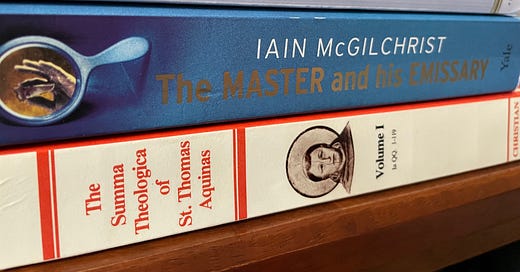The Existence Strikes Back and The Hemisphere Hypothesis: An Overview
Audio version also available here.
Keep reading with a 7-day free trial
Subscribe to Eric Scheske's Outside Modern Limits to keep reading this post and get 7 days of free access to the full post archives.




